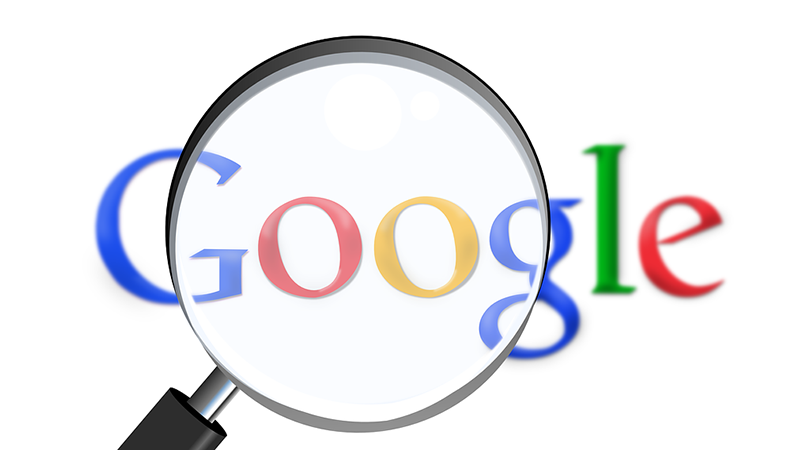What is Search Engine Optimization (SEO)?
SEO is a set of marketing principles focused on growing a website’s, or its pages’, visibility in web search engine’s unpaid (organic) results. SEO incorporates both technical and creative elements to improve rankings, drive traffic, and increase awareness in search engines. There are many pieces to successful SEO. The words on your page, the way other sites link to your page, and the other pages your site links to, all matter to search engines and the algorithms used to rank your site in search results. Structuring your website in a way that search engines understand is a big part of SEO.
SEO may target different kinds of search, including images, videos, news, shopping, or industry-specific vertical search engines. SEO also has different varieties, like local search engine optimization (local SEO). Local SEO focuses on optimizing a business’ online presence so that search engines return its web pages in the results when a user enters a local search for its products or services.
Why Does My Website Need SEO?
Internet users type search phrases into one of the major search engines when looking for a product or service. They will either find you, or they will find your competitor. As of April. 2017, 63.4% use Google for those searches. Not surprisingly, over 50% of web searchers don’t look past page two of the results.
Where is your website currently ranked for the keywords tied to the products or services that you provide? By default, Google returns 10 results per page. If your site is not on page one, you’re missing a substantial number of potential new customers. If you are not in the top 20 results, it’s likely your site is not even seen by over half of those searchers. Strong search engine positions are essential to your company’s visibility, online sales, and continued growth.
How Does Google Rank Pages?
Google’s search algorithm promotes relevant and authoritative pages to the top of its rankings. Authority is mostly measured by analyzing the number and quality of links from other web pages. Web pages have the potential to rank in Google so long as other web pages link to them. Sites successful in ranking on Google contain content people find useful. This is because your site’s visitors share this useful content over social media channels. These shares contain links pointing back to your website pages. Over time, Google picks up on the value of this shared content. The proliferation of your page content creates strong and sustainable Google rankings.
How Do I Get My Website to Rank #1 on Google?
Wouldn’t it be great to have a magic button to press or an exact recipe to follow to ensure that you rank #1 in Google searches? The truth is, it takes resourcefulness, dedication, persistence, and creativity. In fact, SEO experts, like Brian Dean at Banklinko.com have identified over 200 ranking factors that Google’s algorithm uses.
We at SYZYGY 1 Media used our years of experience and data analysis to determine the vital key factors in SEO. The following factors are some of the most important to focus on when starting to rank your website’s pages.
- Presence of Keyword(s) in the Page Title and URL is Crucial | Searchers receive immediate affirmation that their search term will appear within the webpage displayed.
- Keyword-Focused Anchor Text Is Essential | Webpages ranking higher in Google had a much larger proportion of their anchor text containing their target keyword. This seems to be true, despite recent updates in Google’s algorithm that purportedly were aimed at weakening this attribute’s impact.
- Backlinks Matter | More backlinks equal higher ranking, period. On average, the top two results on page one of Google searches win 38% of all the backlinks from all pages listed on page one.
- Acquiring Backlinks from Multiple Domains is Important | Webpages ranking #1 had over 168% more linking domains than the webpages ranking at #5.
- Over 1/3 of all Pages Ranking 1, 2 or 3 Use HTTPS | Currently, Google is pushing secure browsing particularly hard, and they will soon be showing much more obvious warning messages to Chrome users when they visit HTTP sites.
- You should monitor backlinks to your website to ensure you only have quality backlinks pointing to your website, a process called backlink tracking.
Can I Do SEO for Myself?
SEO is fairly complex, but most people can easily understand the basics. Even a small amount of knowledge can make a big difference. Free SEO education is widely available on the Internet. It all depends on how much time you have to dedicate to learning in order to become an expert. A good place to start is with gaining an understanding of how different SEO techniques and approaches affect your website’s rank in Google search results by reading up on basic SEO methodology.
However, if you would rather spend your time focusing on your business, you may decide you need a local expert that you can trust to handle things for you. Firms offering SEO services can vary greatly. Some have a highly specialized focus, while others take a broader and more general approach. We at SYZYGY 1 Media work to align your goals with our skills and expertise to develop a package that fits your marketing need AND your budget.
